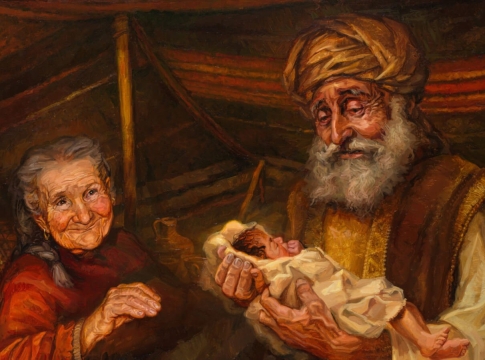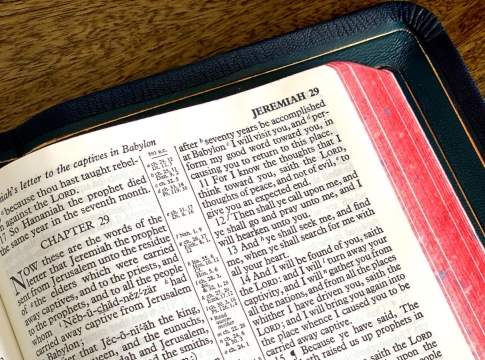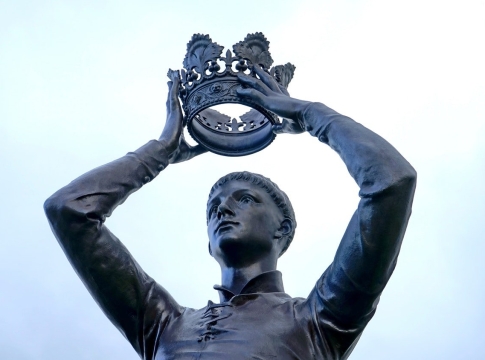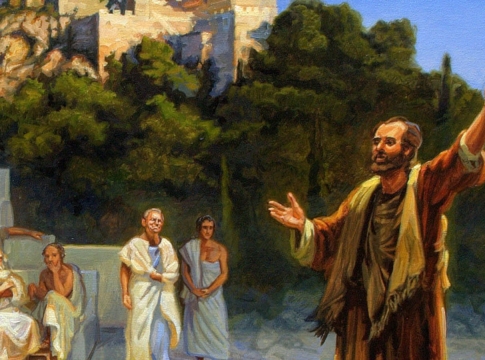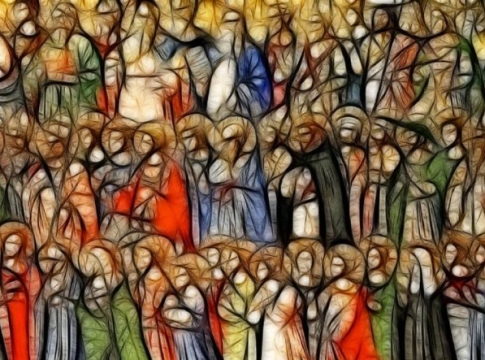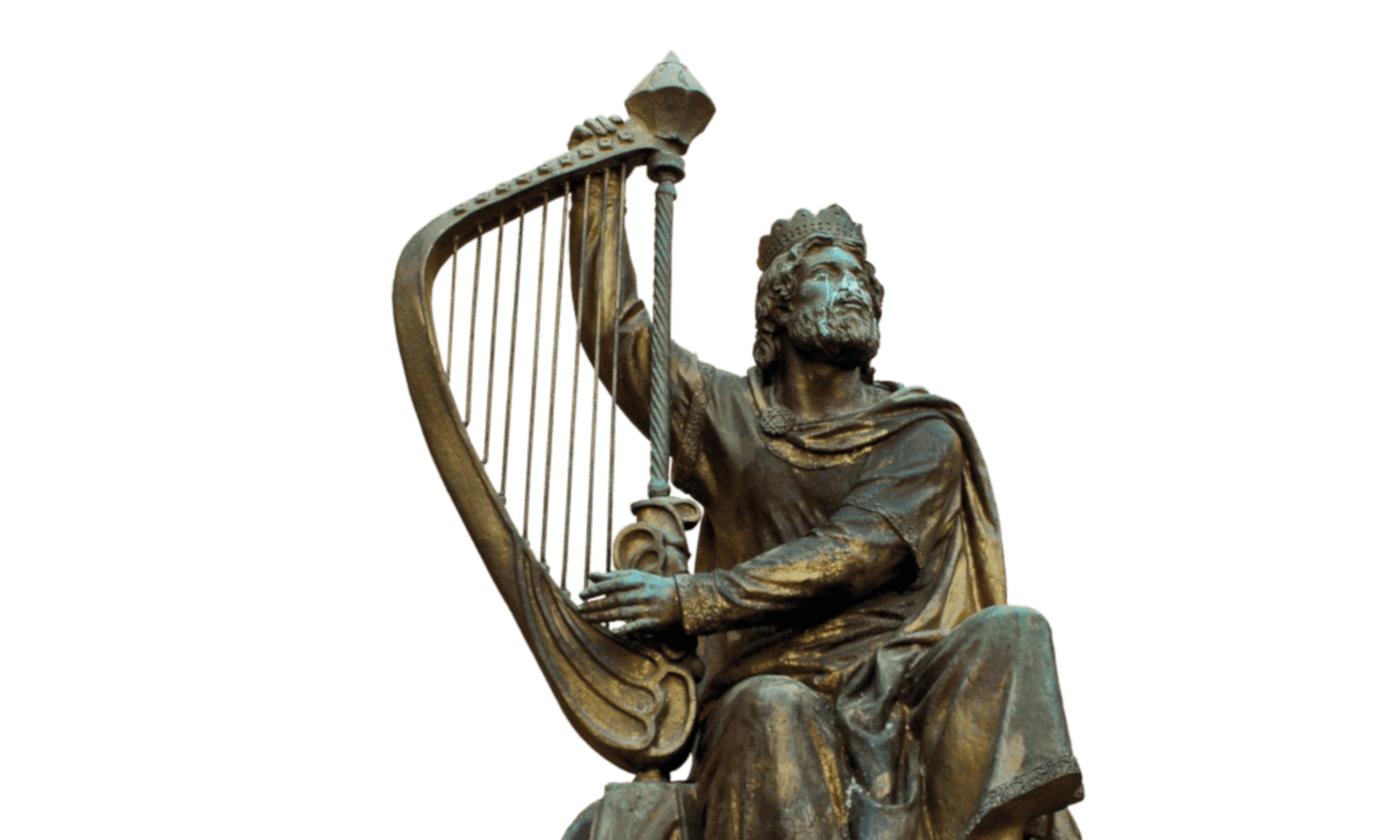
The Bible contains numerous references to David, mostly in the Old and New Testaments. David composed many of the songs included in the book of Psalms, and the books of Samuel 1 and 2 tell the story of his life. What can we learn about David’s life and writings in light of all this information about him?
Historical context
Around the year 1000 BC (see chronology), David lived. He was born in the Israelite country’s little city of Bethlehem, which is around 10 kilometers from Jerusalem. David was a member of the Judah tribe of Israelites. Saul, the first king of Israel, ruled over him as a child. He himself became Israel’s second king at the age of thirty. He ruled over a portion of the nation for 7.5 years then the entire Israeli population for an additional 33 years.
David has evolved into both a representation of [the ultimate monarch], Jesus Christ, and the ideal monarch of Israel. As was already mentioned, he composed a large number of Psalms. These are profoundly introspective songs, songs that speak to God directly, about his spiritual existence. As we read them, we get to understand David as a man who yearned to honor, serve, and have faith in God.
David’s life
When we first read about David in the Bible, he doesn’t seem like a very remarkable guy—he is Jesse the Bethlehemmite’s youngest son, and he is in charge of the sheep. David is not even invited to accompany the prophet Samuel when he travels to Jesse’s family to offer sacrifices to the Lord and covertly install a new king! It seems that he is not actually counted.
However, God chooses this common shepherd lad to succeed him as Israel’s next king. David won’t actually be anointed king for years because that is a difficult procedure. Saul, his predecessor, uses all of his might to keep his “rival” from ascending to the throne. But in spite of everything that goes wrong, David continues to trust in the Lord and feels God’s presence. He proves to be a brave and smart monarch in the face of numerous adversities.
David expands his realm and engages in frequent warfare with other nations during his rule. “I have been with you wherever you went and have cut off all your enemies from before you,” God says in a later passage (2 Samuel 7:9).
David was a man after God’s heart
God describes David as “a man after My own heart” (1 Samuel 13:14, Acts 13:22). That does not mean that he was blameless. We only need to read 2 Samuel 11 to see that David has fallen very low: he took the wife of one of his generals, Bathsheba, because she was very beautiful. When Bathsheba turned out to be pregnant, David called her husband Uriah home from the battle field hoping he would sleep with her. That would “solve” the problem of Bathsheba’s pregnancy. But Uriah didn’t go home, not even when made drunk, so David sent him back to the battle field with a letter ordering his death. After Uriah’s death, David married Bathsheba. The description of this whole story ends with a clear comment: “the thing that David had done displeased the Lord” (2 Samuel 11:27).
David was caught red-handed by God for this. David confessed his sin when he faced him with it. Psalm 51 offers us a close-up view of his feelings:
“I am aware of my sins, and I am constantly reminded of them. I have sinned and done wrong in Your sight, only against You. Save me from bloodguiltiness, God, the God of my salvation, and my tongue will exclaim Your righteousness.
Repentance and forgiveness
That, in my opinion, is what defines David as “a man after God’s heart”—despite his sins, he consistently turned to God in repentance. He attempted to obey the Lord’s commands because he trusted in him. As an illustration, consider Psalm 139:23–24:
“Know my heart, O God, and search me! Try me and find out what I think! And lead me along the eternal path, and see if there is anything dreadful in me!
David’s connection with God was repaired once he was pardoned. But for the rest of his life, he had to live with the consequences of his wrongdoing. Because you have rejected Me and taken Uriah the Hittite’s wife as your own, the sword will never leave your home (2 Samuel 12:10).
David’s legacy: Psalms and a royal line
I’ve previously mentioned a few Psalms, but David penned a ton more. While some are meant for public worship, others are more private. Many Christians, from David’s peers to modern Christians around the globe, have found great value in these hymns. They express verbally feelings of praise, optimism, trust, and fear as well as perplexity, despair, and despair. Even though David’s life was obviously different from ours, many find inspiration and recognition in his relationship with God.
God gave the following promise to David, the second king of Israel: “Your house and your kingdom shall be made sure forever before Me.” According to 2 Samuel 7:16, “Your throne shall be established forever.” There have been a lot of rulers descended from David via his royal line. Until the people of Israel were ultimately [taken into exile], his descendants ruled. However, it wasn’t “forever”…
Jesus Christ as the Son of David
And so we get at the ultimate “Son of David.” [The Messiah] would come from the royal line of David, just as God had promised through the prophets. The public had very high hopes for this Messiah, believing that he would bring prosperity and political freedom back to Israel. He would lead the people in righteousness and mend their connection with God.
When the Son of David did arrive, many people did not acknowledge or welcome him. Spiritual restoration rather than political freedom and peace is what he brought (yet). He did not come (yet) as a victorious King who vanquished his adversaries, but rather as a suffering Servant who offered his life in order to reconcile humanity with God.
Jesus Christ is this Messiah. He came to save his people from sin and death, and when he returns, he will establish an era of righteousness. He’ll be referred to as the Son of the Most High and will be magnificent. And the throne of His father David will be given to Him by the Lord, and He will rule over the family of Jacob forever. There will be no end to His kingdom (Luke 1:32–33).
Some lessons for us
- David’s life demonstrates that, in God’s view, a person’s social background is irrelevant. God, however, considers the heart (1 Samuel 16:7). “So declares the Lord of hosts, who took you from the sheepfold and pasture to be prince over My people, Israel” (2 Samuel 7:8).
- God honors his word, even though it may take some time and take unexpected forms. After being crowned king, David spent years being pursued by Saul until he was crowned king of Israel. David had faith that God would keep his word, and He did! When Israel was banished centuries later and lost its king, it appeared that the promise that David’s royal dynasty would rule forever had been shattered. However, Jesus is the real Son of David, and [He will rule indefinitely]!
- It is not necessary to be flawless to be a man or woman after God’s heart. It does entail turning from your sins and having an unwavering love for the Lord. He is prepared to pardon you! Are you someone like that? If not, what prevents you from giving God your entire life?
